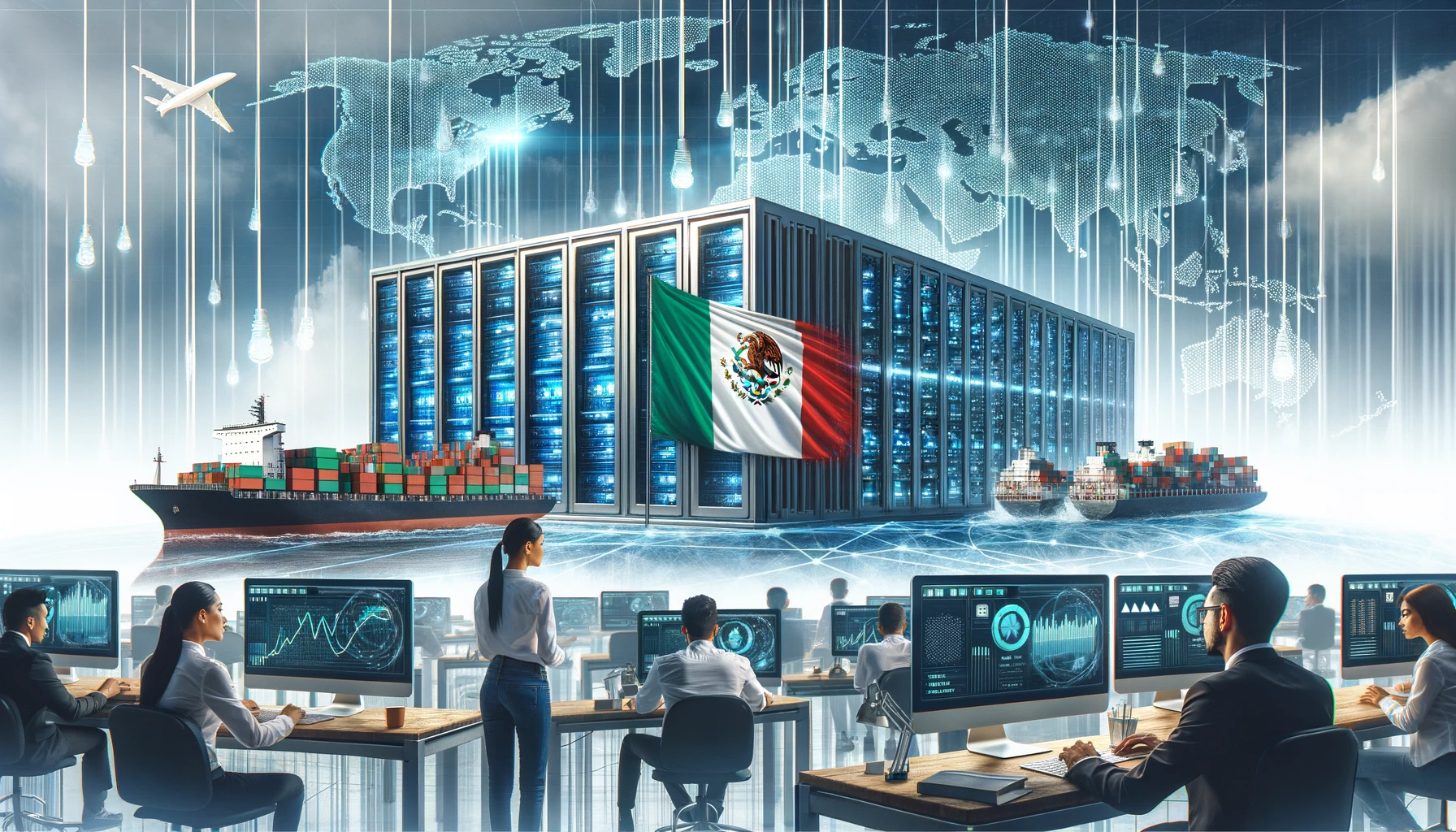According to a recent article in MarketWatch, Mexico is now considered the biggest U.S. importer. In the first six months of 2023, U.S. imports from Mexico totaled $239 billion, compared to $219 billion with China and $214 billion with Canada, government figures show. The shift to Mexico as the primary source of imports is unlikely to reverse course.
So, how does this impact a company’s decision to colocate their data center operations in Mexico?
Here are a few advantages Mexico offers U.S.-based owners and operators:
- Proximity to the U.S.: Mexico’s geographical closeness to the United States significantly reduces shipping times and costs compared to Asia. For data centers, which require substantial hardware components, proximity can translate into cost savings and logistical efficiency.
- Trade Agreements: The legacy of NAFTA and its successor, the United States-Mexico-Canada Agreement (USMCA), has fortified trade relations and established Mexico as one of the top trading partners with the U.S., creating a favorable environment for American companies to operate in Mexico.
- Economic Stability: As Mexico becomes the biggest trading partner of the U.S., the economic stability that comes from a robust trading relationship can provide a secure environment for data center investments.
- Diversification: The move by companies to diversify their supply chains towards countries like Mexico can also apply to services. Establishing data centers in Mexico allows companies to spread their operational risk.
- Export Capabilities: The balance of trade between the U.S. and Mexico i could mean a more sustainable and mutually beneficial relationship, an important consideration for long-term infrastructure investments like data centers.
- Skilled Workforce: Mexico has been investing in education and has a growing pool of skilled workers in technology and engineering, which is essential for running data center operations.
Recent trends in global trade have positioned Mexico as a significant player in the international market. The country has experienced a remarkable increase in imports to the U.S., doubling since 2010, and is now set to be the leading supplier of foreign-made goods to the United States. This shift is a direct result of the complex interplay of geopolitical tensions, economic policies, and the global pandemic, which disrupted supply chains and prompted businesses to seek alternatives closer to home.
The Layer 9 data center in Bajio, Mexico promises to provide ample power (96+MW) and space in a secure campus within 3 milliseconds of the Queretaro data center hub. For more information, please contact our team.


